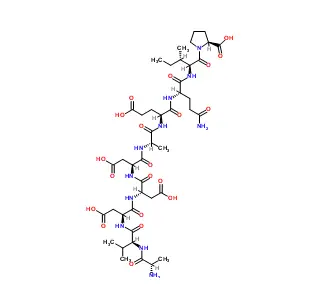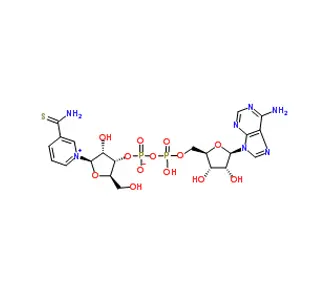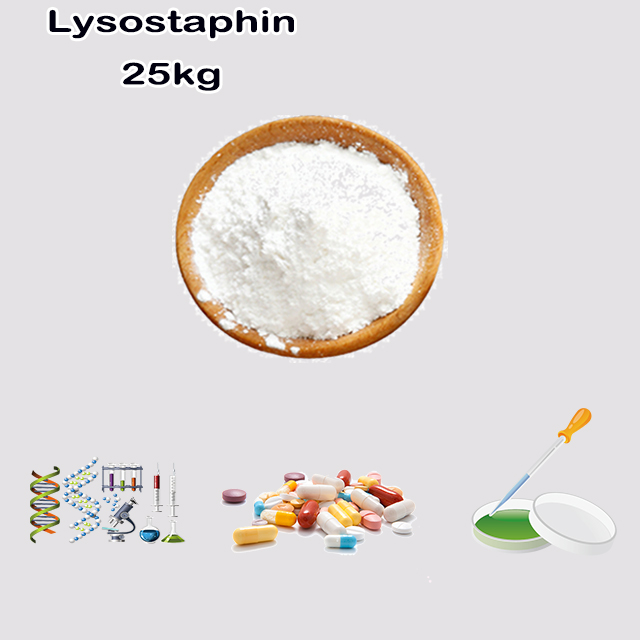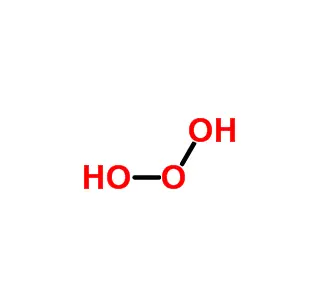
Search

Search

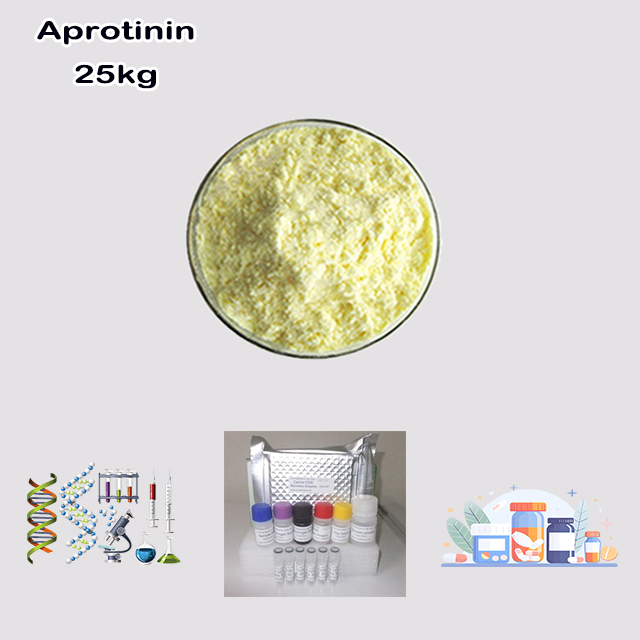
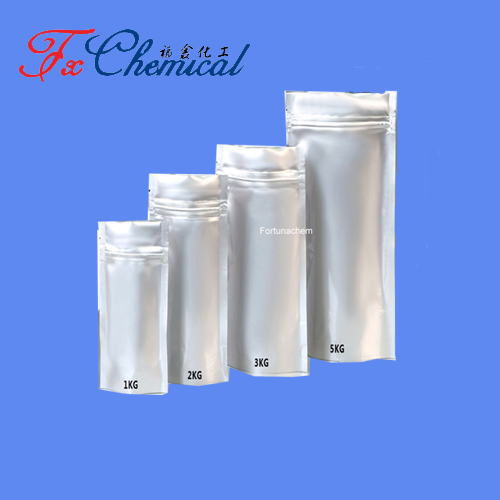
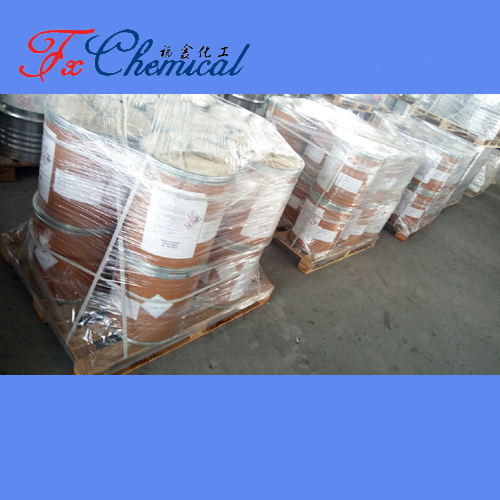
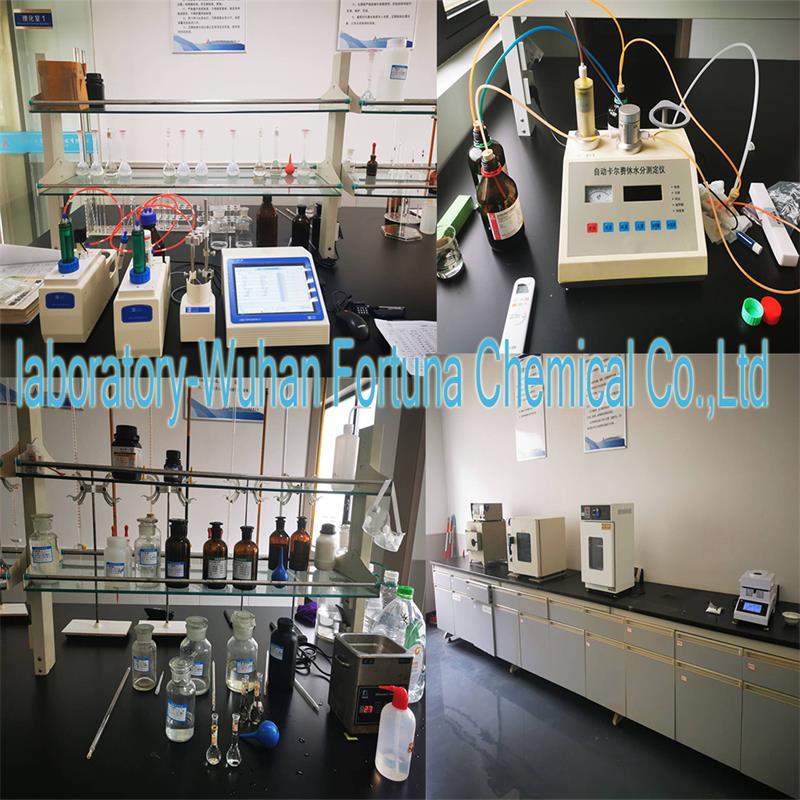
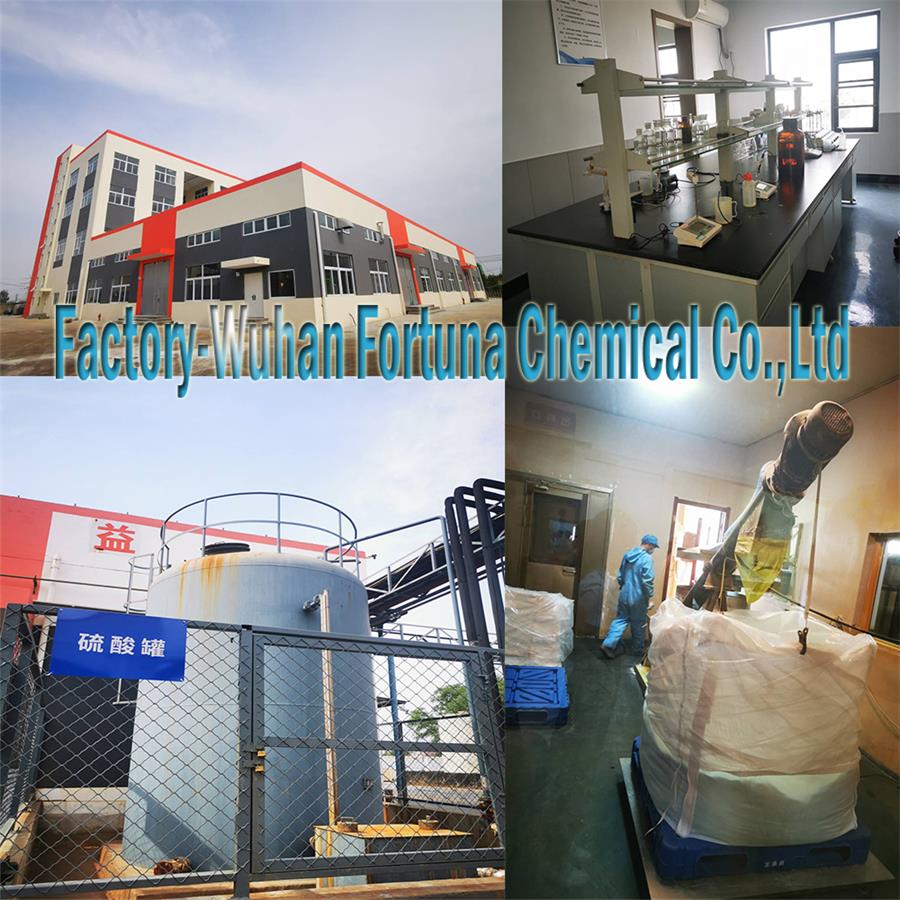





Aprotinin is a drug derived from cow lungs that reduces bleeding during complex surgeries, like heart operations. It works by inhibiting enzymes that break down blood clots and cause inflammation. While effective, it was linked to serious risks, including kidney failure and increased death rates. After a major study in 2008, it was pulled from many markets. Its use is now highly restricted in some regions due to these safety concerns, and it has been largely replaced by safer alternative medications.
Items | Specifications | Results |
Appearance | White solid | White solid |
Identification | Dissolve a quantity of the substance being examined and trypsin in water to produce solutions containing 1 mg per ml respectively.Transfer 10 μl of each solution to a separate depression on a white spot plate,mix well,add 0.2 ml of methyl tosyl-L-arginate hydrochloride TS.Allow it to stand for a few minutes,no purple color is produced.Treat 10 μl of trypsin solution in the same manner,a purple color is produced. | Positive |
pH value | 5.6 | 5.6 |
Clarity of solution | Clarify,colorless | |
Moistur | 5.9% | 5.9% |
Activity(anhydrous basis) | 3.5EPU/mg | |
Conclusion | Conform to Ph.Eur./USP/FCC. | |
| Product parameters | |
| Cas number: | 9087-70-1 |
| Appearance: | White to light yellow powder |
| Purity: | Activity≥3.0 EPU/mg |
| Package details: | 100g/foil bag |
| Brand: | Fortunachem |
Aprotinin is a protease inhibitor, meaning it's a drug that blocks the activity of certain enzymes that break down proteins. It is a naturally occurring polypeptide (a small protein) derived from the lungs of cattle.
Its most well-known brand name is Trasylol, and it was primarily used in medicine to reduce bleeding during complex surgeries, particularly cardiac surgery.
Aprotinin works by inhibiting several serine proteases—enzymes that play key roles in the body's inflammatory response and blood clotting system. Its main targets are:
Plasmin: This is the primary enzyme responsible for breaking down blood clots (fibrinolysis). By inhibiting plasmin, aprotinin helps stabilize clots and reduces the breakdown of existing clots, which minimizes surgical bleeding.
Kallikrein: This enzyme is a central activator of the inflammatory response. By inhibiting kallikrein, aprotinin reduces the inflammatory cascade that is aggressively triggered by the heart-lung machine (cardiopulmonary bypass) used in open-heart surgery. This helps protect platelets and other blood components from damage.
Other Coagulation Factors: It also has some inhibitory effects on other factors like Factor XIIa and thrombin.
In simple terms, aprotinin preserves the body's natural clotting ability and dampens the intense inflammatory response caused by major surgery, leading to significantly less blood loss and a reduced need for blood transfusions.
Aprotinin was predominantly used in cardiac surgery, especially in high-risk procedures such as:
Repeat open-heart surgeries (re-operations)
Surgery on the aortic arch
Procedures in patients with pre-existing coagulopathy (a bleeding disorder)
Patients for whom blood transfusion is not an option (e.g., Jehovah's Witnesses)
It was administered intravenously by an anesthesiologist before and during the operation.
The use of aprotinin is associated with several serious potential risks, which led to its temporary withdrawal from the market:
Kidney Damage (Nephrotoxicity): A significant risk of acute kidney injury and renal failure.
Blood Clots (Thrombosis): By strongly inhibiting clot breakdown, it can increase the risk of forming dangerous blood clots, leading to:
Myocardial infarction (heart attack)
Stroke
Deep vein thrombosis (DVT) and pulmonary embolism (PE)
Allergic Reactions: As a bovine (cow-derived) protein, it can cause allergic or anaphylactic reactions, especially upon re-exposure if a patient has had it before.
The history of aprotinin is marked by significant controversy:
Introduction and Widespread Use: Approved in 1993, it became a blockbuster drug for over a decade due to its powerful ability to reduce bleeding.
The BART Study (2008): The Blood Conservation Using Antifibrinolytics in a Randomized Trial was a large Canadian study designed to compare aprotinin to other, cheaper antifibrinolytic drugs (tranexamic acid and aminocaproic acid). The study was halted early because it found aprotinin was associated with a significantly higher risk of death compared to the other drugs.
Suspension and Withdrawal: Following the shocking results of the BART study, the manufacturer (Bayer) suspended its marketing, and health authorities like the FDA and Health Canada requested its temporary removal from the market in 2008.
Re-introduction with Restrictions: After further review, the European Medicines Agency (EMA) re-approved aprotinin in 2012 for restricted use. It is now only authorized for isolated coronary artery bypass graft (CABG) surgery in patients who have no previous exposure to the drug and under strict risk-benefit evaluation. It remains unavailable in many countries, including the United States.
Aprotinin belongs to a class of drugs called antifibrinolytics. The two other common drugs in this class are:
Tranexamic Acid (TXA)
Aminocaproic Acid
These drugs are also effective at reducing bleeding but work through a slightly different mechanism (they are synthetic lysine analogues). Crucially, large studies like the BART trial and others have shown that tranexamic acid is equally effective at reducing bleeding but has a much safer profile regarding mortality and kidney damage. As a result, TXA has largely replaced aprotinin as the antifibrinolytic of choice in most surgeries worldwide.
| Feature | Description |
|---|---|
| What is it? | A naturally derived protease inhibitor drug. |
| Primary Use | To reduce bleeding and transfusion needs in high-risk cardiac surgery. |
| How it Works | Inhibits enzymes that break down clots (plasmin) and cause inflammation (kallikrein). |
| Key Risk | Increased risk of kidney failure, heart attack, stroke, and death. |
| Status | Heavily restricted in some regions (e.g., Europe), unavailable in others (e.g., USA). Largely replaced by safer alternatives like Tranexamic Acid (TXA). |
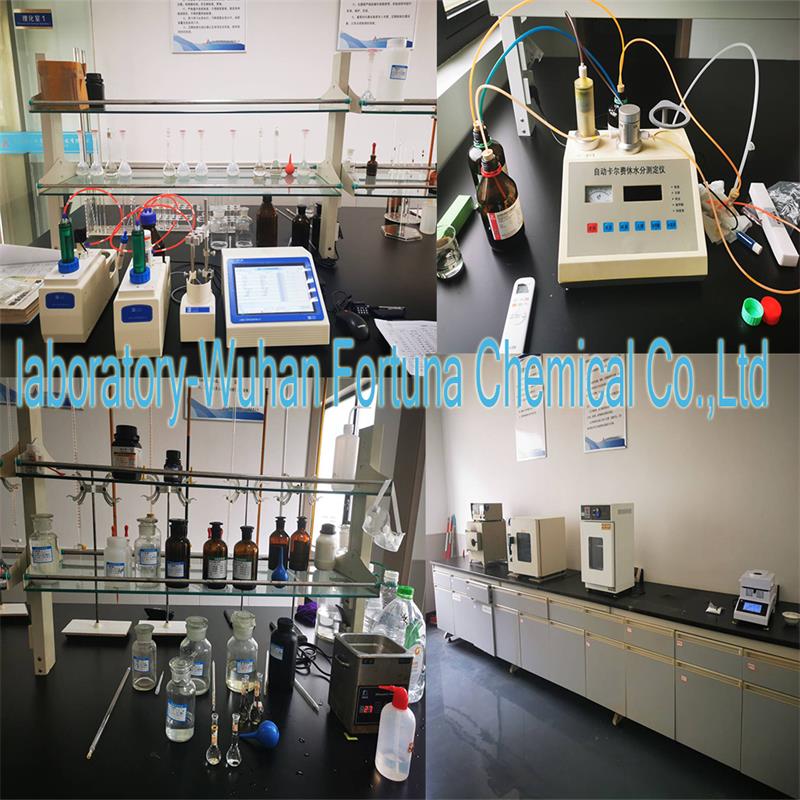
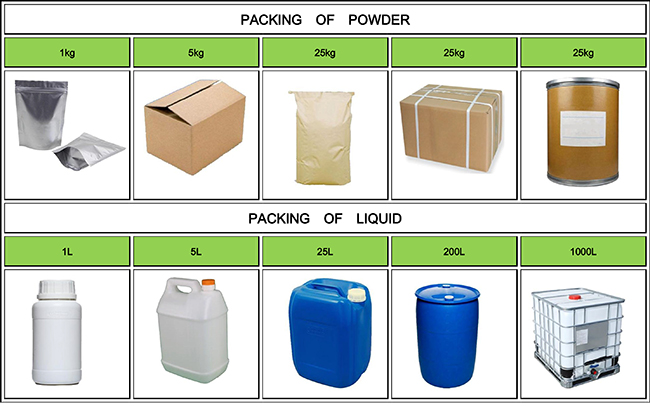
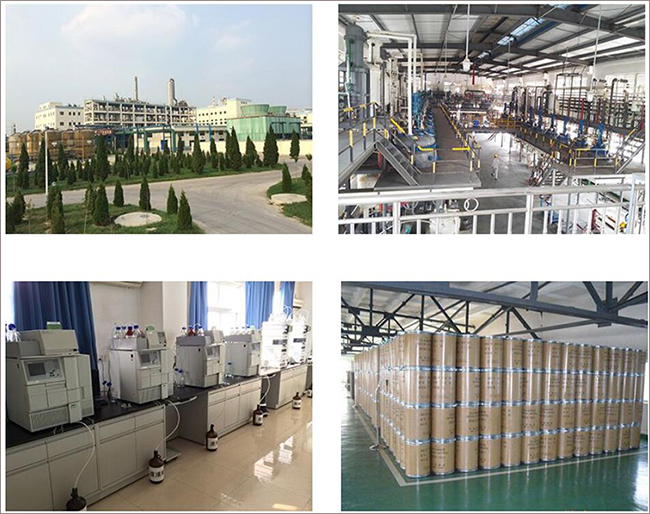
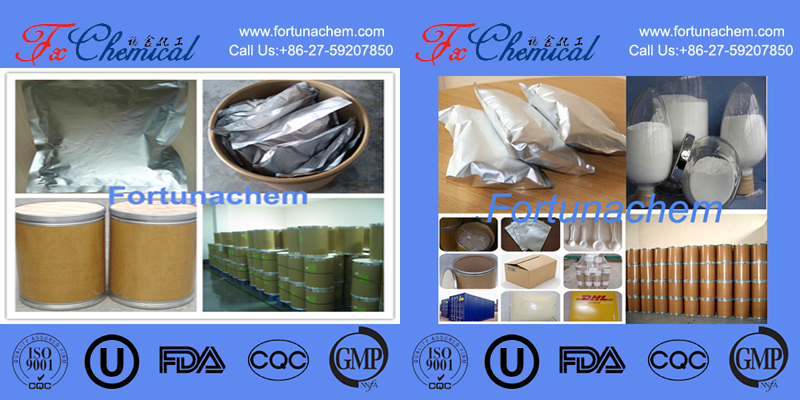

Fortunachem Provides Not Only Professional Chemical Products But Also Professional Help
Keeping you up-to-date with all the latest information, news, and events about Fortunachem!

Quick Links
Add:
E-mail:
 English
English  Español
Español  français
français  العربية
العربية 